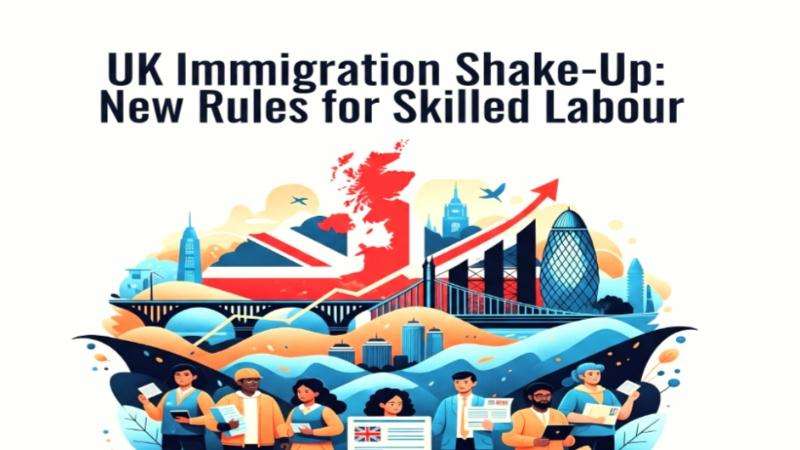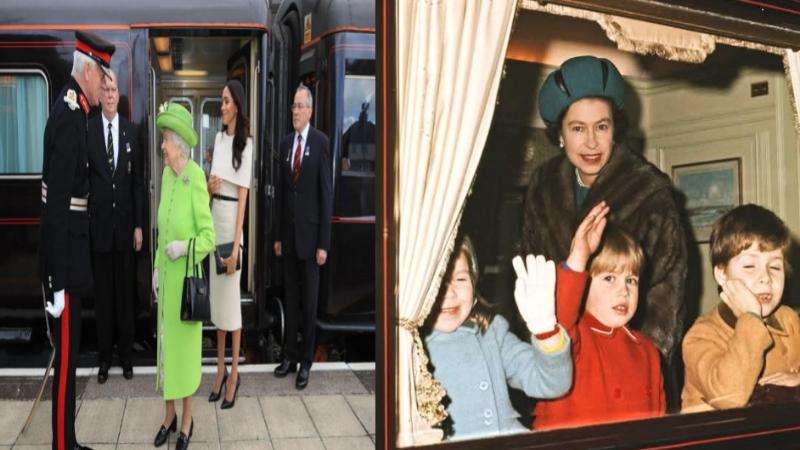The UK government today introduces a major overhaul of its immigration system in Parliament, signaling a "complete reset" designed to drastically reduce net migration and prioritize domestic training. At the forefront of these legislative changes is the controversial decision to immediately end the recruitment of care workers from abroad, a move that has sent shockwaves through a sector already grappling with severe staff shortages, Daily Dazzling Dawn understands.
The new rules, set to be formally presented in Parliament today, Tuesday, July 1st, will also significantly tighten the criteria for skilled worker visas. Salary and skills thresholds are set to be raised to degree level, impacting eligibility for a staggering 111 occupations. This aims to shift the focus towards high-skilled roles and reduce reliance on overseas labour for jobs that the government believes can be filled by the UK workforce.
In a concession to critical infrastructure needs, a new time-limited temporary shortage list will be introduced, lasting until the end of 2026. This list will cater to below-degree-level roles where foreign workers are deemed essential for building critical infrastructure or supporting industrial strategy. However, these temporary workers will face stricter conditions: they will no longer be permitted to bring their families to the UK and will not be eligible for existing salary and visa fee discounts.
These legislative measures represent the initial phase of policy changes outlined in the Government’s comprehensive Immigration White Paper, which seeks to tighten controls and significantly cut migration to the UK.
Home Secretary Yvette Cooper, spearheading these reforms, stated: “We are delivering a complete reset of our immigration system to restore proper control and order, after the previous government allowed net migration to quadruple in four years. These new rules mean stronger controls to bring migration down, to restore order to the immigration system and to ensure we focus on investing in skills and training here in the UK.”
If approved by MPs and peers, these changes are poised to come into force rapidly, as early as July 22nd. Further measures detailed in the White Paper, including increased English language requirements and a hike in the immigration skills charge, are anticipated to be implemented before the end of the year.
The overarching objective of the White Paper is multifaceted: to reduce overall immigration figures, crack down on abuses within the system, and end what the government describes as a reliance on cheap foreign labour. Home Office estimates suggest that the combined impact of eight proposals within the plan, encompassing study and work routes and stricter English language requirements, could reduce annual arrivals by up to 100,000 people.
However, the decision to scrap care worker visas has ignited considerable concern within the social care sector. Will Dalton, GMB national officer, described the move as “potentially catastrophic,” highlighting the sector’s “utter reliance on migrant workers” and the existing national vacancy rate of over 130,000 positions.
The Home Office, however, remains confident in its strategy. The department believes that approximately 40,000 potential staff members, originally brought over by "rogue" providers, could be redeployed within the sector while UK staff are undergoing training. To address immediate concerns, transitional arrangements for overseas care workers already residing in the UK were also reportedly outlined today, Tuesday.
The sweeping nature of these reforms signals a significant shift in the UK's approach to immigration, with the government determined to demonstrate its commitment to stricter controls and a focus on domestic workforce development. The coming weeks will undoubtedly see intense debate and scrutiny as the legislation progresses through Parliament.
Key Legislative Changes Expected to Take Effect (as of Tuesday, July 1st, 2025):
The comprehensive immigration reforms being introduced today in Parliament encompass several critical changes, with most expected to come into force from July 22nd, and others by the end of 2025.
A primary focus is the immediate cessation of overseas recruitment for care workers, a significant policy shift aimed at curbing migration in this sector. Simultaneously, eligibility for Skilled Worker visas will be tightened considerably. This includes raising salary and skills thresholds to degree level, a move that will exclude 111 current occupations from eligibility.
In a measured approach to address specific industrial needs, a new, time-limited Temporary Shortage List will be introduced, active until the end of 2026. This list is intended for below-degree-level roles vital for critical infrastructure or industrial strategy, though workers on this list will face restrictions, including the inability to bring family members and no entitlement to salary or visa fee discounts.
Further changes outlined in the Immigration White Paper, anticipated by the end of the year, include increased English language requirements across the immigration system and a hike in the immigration skills charge. While the precise new salary thresholds for various visa categories have not yet been fully detailed, they are expected to be confirmed as the legislation advances.

_2.jpg)





.svg)
